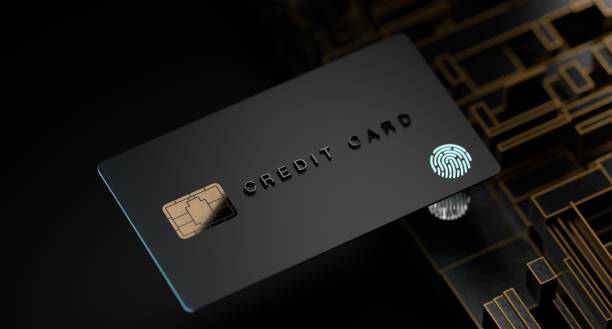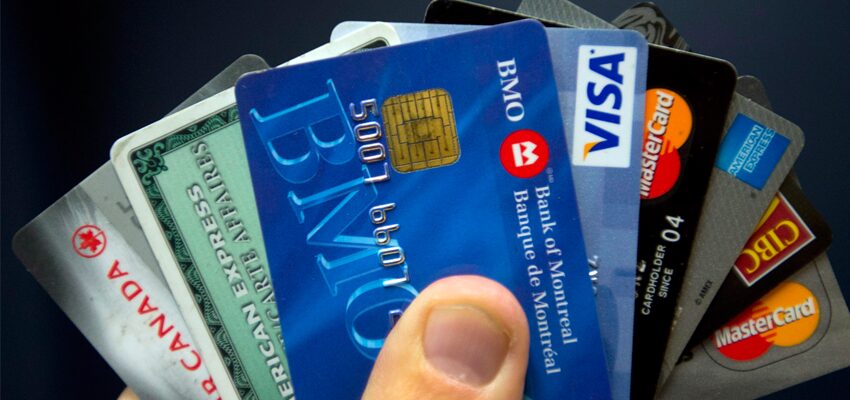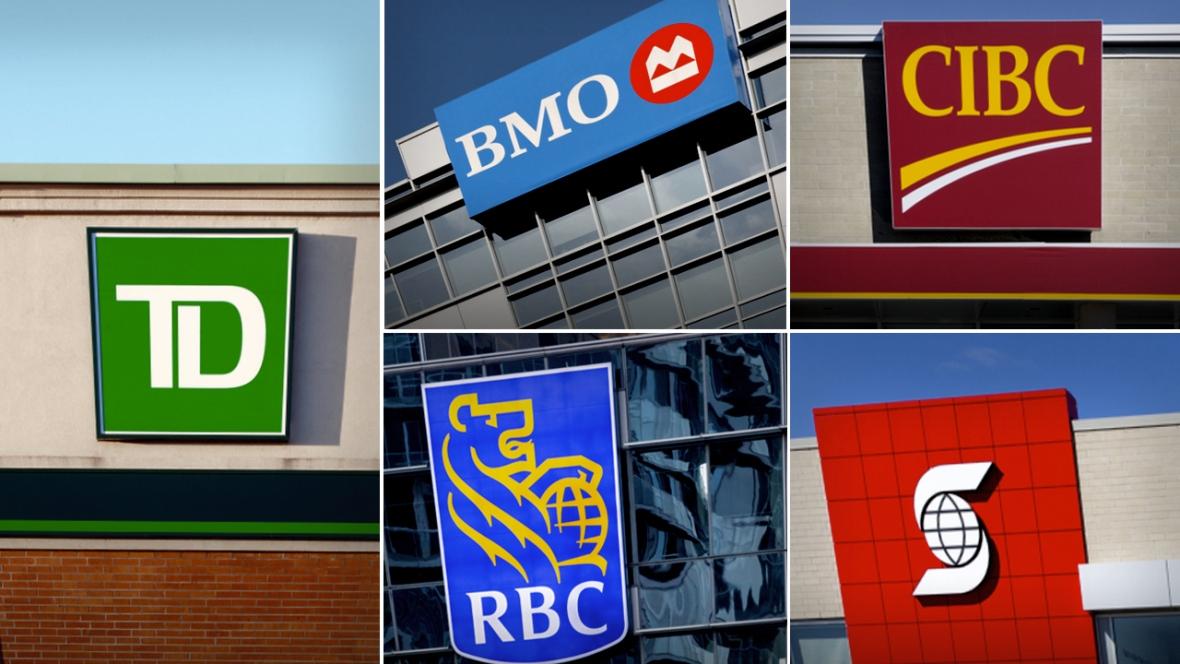Starting life in a new country comes with both excitement and challenges. For many newcomers in Canada, one of the biggest hurdles is building financial credibility. You quickly realize that even simple things like renting an apartment, setting up a phone plan, or applying for a car loan are tied to something you may not have yet—a Canadian credit history.
This is why getting your first credit card is a stepping stone into the Canadian financial system and one of the easiest ways to start building the credit record you will need for bigger goals in the future.
But here’s the challenge. As a newcomer, you are starting fresh. You probably don’t have a Canadian credit score, your work permit might still be new, and you may not meet the income requirements for traditional cards. So, how do you overcome this gap? Which banks should you consider, and what are the smartest ways to use a credit card without falling into debt?
This guide breaks everything down for you. We will walk through why credit matters, the best first credit cards for newcomers, how to apply, and the key habits that will help you build a strong financial foundation in Canada.
Why Building Credit Matters in Canada
Canada operates on a credit-based financial system where your credit score and credit history determine your access to financial products and services. Your credit score, ranging from 300 to 900, reflects your creditworthiness based on how you’ve managed borrowed money in the past.
Having a good credit score can help you secure a rental and get a loan or a mortgage, but it’s hard to know where to start when you don’t have a Canadian credit history or a credit card. Without this history, banks and lenders can’t assess your risk as a borrower, making them hesitant to extend credit.
Credit cards play a crucial role in establishing this history. One of the fastest ways to start building your Canadian credit score is to use a credit card responsibly. Every month you make on-time payments, keep your balance low, and manage credit responsibly; you’re building the foundation for future financial opportunities.
For newcomers, building credit is directly tied to long-term goals. Your credit history will influence whether you can buy a car, rent a better apartment, qualify for a mortgage, or even secure lower rates on insurance. Starting this process early gives you a significant advantage as you establish your life in Canada.
What You Should Know Before Applying

Before diving into applications, understanding the requirements and challenges will save you time and potential rejections. Most credit cards require proof of legal status in Canada, which can include your permanent resident card, study permit, or work permit. You’ll also need government-issued ID and typically a Social Insurance Number (SIN).
The biggest obstacle newcomers face is the catch-22 of credit: you need credit history to get credit, but you need credit to build history. This is where Canadian banks have recognized the market need and developed specific programs for newcomers.
Income requirements vary by card, but many newcomer-friendly options have low or flexible income requirements. Some cards require as little as $15,000 annual income, making them accessible to students, new workers, and those still establishing their careers.
Understanding the difference between secured and unsecured credit cards is crucial. Unsecured cards are traditional credit cards where the bank extends credit based on your creditworthiness. Secured cards require a cash deposit that typically becomes your credit limit, reducing risk for the lender and making approval easier for those with no credit history.
Types of Credit Cards Available to Newcomers
1. Secured Credit Cards
Secured cards are often the most accessible option for newcomers. A secured credit card requires you to provide a cash deposit as collateral. The card’s credit limit typically corresponds to the amount you deposit. For example, if you deposit $500, you’ll have a $500 credit limit.
In Canada, security deposits on secured credit cards can be as low as $50 (though $200 to $500 is more common) and as high as $10,000. The deposit stays with the bank as security, but you get it back when you close the account in good standing or sometimes when you upgrade to an unsecured card.
They are easier to get approved for and help you build credit history from scratch, plus the deposit is refundable. The trade-off is that they require upfront cash, often don’t offer rewards, and many come with annual fees.
2. Student Credit Cards
If you’re an international student, student credit cards offer another pathway. These cards are designed for people with limited income and no credit history. They typically have lower credit limits and basic features but can be an excellent starting point.
They are attractive because they don’t require an existing credit history and usually come with lower income requirements. However, you’ll likely face lower credit limits, fewer features, and in many cases, you may need to provide proof of enrollment.
3. Newcomer Credit Programs
Major Canadian banks offer specialized programs for newcomers. Scotiabank’s StartRight Program allows newcomers to choose from a variety of credit cards and start building their credit history in Canada with the Scotiabank StartRight® Program† – even without a credit history.
RBC offers the Newcomer Advantage program, where you can qualify without a credit history through this program and receive a generous welcome offer, save on banking fees on the RBC Advantage Banking account for one year, and even qualify for a mortgage. Available to eligible permanent residents and international students who arrived in Canada in the last 12 months before applying and temporary resident workers who arrived in the last two years.
These programs stand out because you don’t need Canadian credit history to qualify, and they often come bundled with banking packages and competitive terms. The limitation is that eligibility is usually time-bound, and some banks may expect you to maintain a banking relationship with them.
How to Apply for Your First Credit Card
Step 1: Choose the Right Card
Research newcomer packages from major banks. The BMO CashBack Mastercard is available through the BMO NewStart Program. You can get this card without a credit check, along with cash back bonuses on other products, like a chequing account, investments and even a mortgage.
Compare options based on:
- Annual fees (many newcomer cards have no annual fee)
- Interest rates
- Rewards programs
- Eligibility requirements
- Additional benefits
Step 2: Gather Required Documents
Standard documents include:
- Passport or government-issued photo ID
- Proof of legal status (PR card, work permit, study permit)
- Social Insurance Number (if available)
- Proof of Canadian address (utility bill, lease agreement)
- Proof of income (pay stubs, employment letter, bank statements)
- For secured cards: deposit amount
Step 3: Apply Online or In-Branch
Most banks offer online applications, but visiting a branch can be beneficial. Branch staff can explain programs in detail, help with document requirements, and sometimes provide faster processing.
When applying online, ensure all information is accurate. Inconsistencies can lead to delays or rejections.
Step 4: What to Expect During Approval
Processing times vary from instant approval to several business days. Banks may request additional documentation or income verification. For newcomer programs, approval rates are typically higher since these cards are designed for your situation.
If approved, you’ll receive your card within 7-10 business days. Some banks offer instant digital card numbers for immediate online use.
Tips for Building Credit Responsibly

- Always Pay on Time: Payment history is the most important factor in your credit score. Set up automatic payments to ensure you never miss a due date. Even paying the minimum amount on time is better than being late with a full payment.
- Keep Credit Utilization Below 30%: Most credit cards require a credit score of at least 660 for future applications, so building good habits from the start is crucial. Keep your balance below 30% of your credit limit. If your limit is $1,000, try to keep your balance under $300.
- Avoid Multiple Applications at Once: Each credit application generates a “hard inquiry” on your credit report, which can temporarily lower your score. Space out applications by at least six months.
- Use the Card Regularly: Inactive accounts don’t build credit effectively. Use your card for small, regular purchases like groceries or gas, then pay the balance in full.
- Monitor Your Credit Score: Many Canadian banks now offer free credit score monitoring through their apps. You can also use free services like Borrowell or Credit Karma to track your progress and understand factors affecting your score.
Common Mistakes to Avoid as a Newcomer
- Overspending to “Build History”: Some newcomers think carrying a balance helps build credit faster. This is false and expensive. Pay your balance in full each month to avoid interest charges while building positive payment history.
- Only Paying the Minimum Balance: While paying the minimum keeps your account in good standing, carrying high balances increases your utilization ratio and costs money in interest. Pay as much as possible, ideally the full balance.
- Applying for Too Many Cards at Once: Multiple applications in a short period can hurt your credit score and make lenders suspicious. Start with one card and build a relationship with that bank.
- Ignoring Fees, Interest Rates, and Terms: Read your credit card agreement carefully. Understand annual fees, interest rates, grace periods, and penalty fees. Many newcomer cards offer promotional rates that change after an introductory period.
- Missing Payments Due to Banking Setup Issues: Ensure your Canadian bank account is properly set up for automatic payments. International banking delays or account setup issues shouldn’t derail your credit-building efforts.
Additional Resources
Newcomer Banking Packages
Most major banks offer comprehensive newcomer packages:
- Scotiabank StartRight®: StartRight™ offers a variety of banking products and services for newcomers to Canada. Get access to credit, savings, and no-fee international money transfers.
- RBC Newcomer Advantage: Includes chequing account, credit card, and mortgage pre-approval options
- BMO NewStart: Offers credit cards without a credit check, along with cash back bonuses on other products
- TD New to Canada: Banking package with credit card options and reduced fees
- CIBC Smart™ Account for Newcomers: Offers specific programs with promotional codes and free trading offers
Credit-Building Tools
Beyond credit cards, consider:
- Small credit-builder loans from credit unions
- Secured credit cards that graduate to unsecured cards
- Authorized user status on a trusted friend or family member’s card
Free Credit Monitoring
- Borrowell: Free credit scores and monitoring
- Credit Karma: Free credit reports and educational tools
- Bank apps: Most major banks now include free credit score tracking









